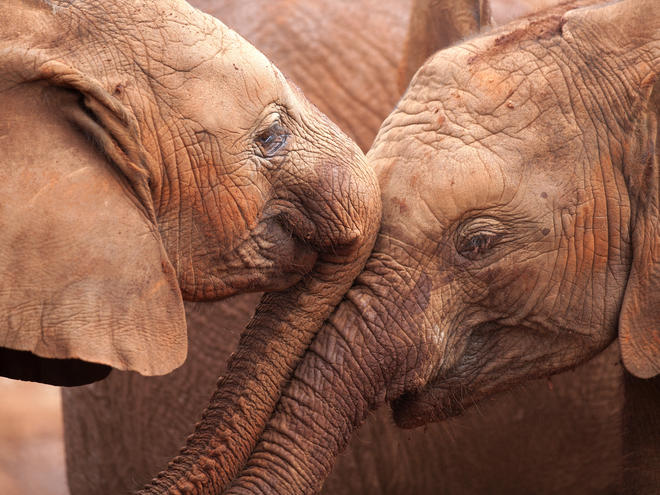Celebrating the biggest conservation wins of 2016
Published by the World Wildlife Fund
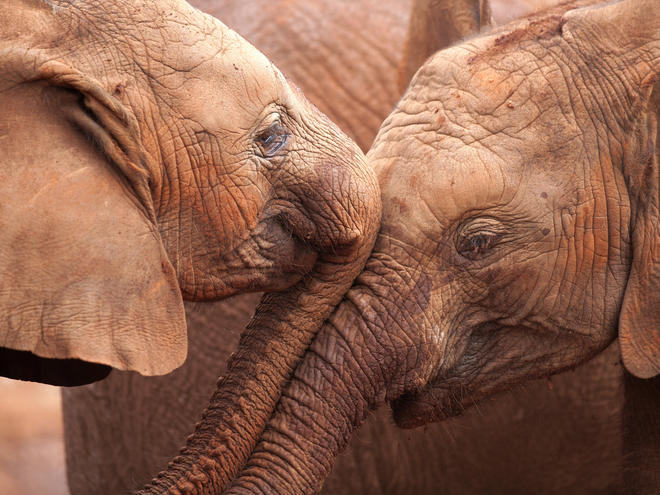
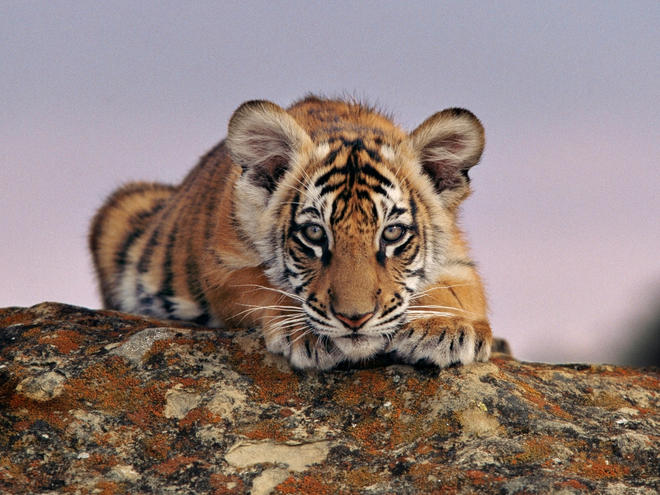
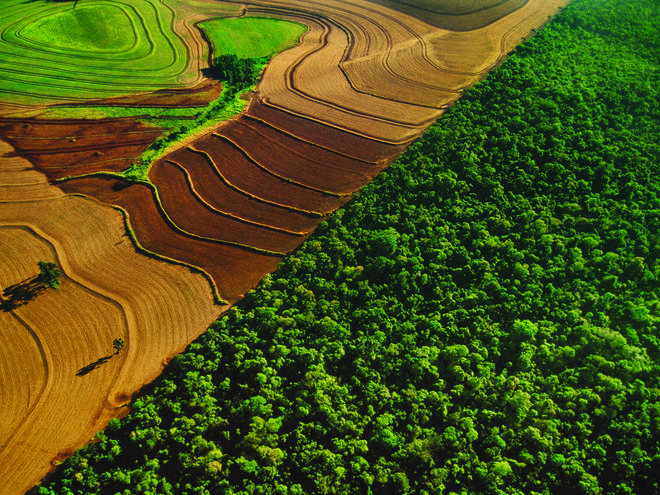
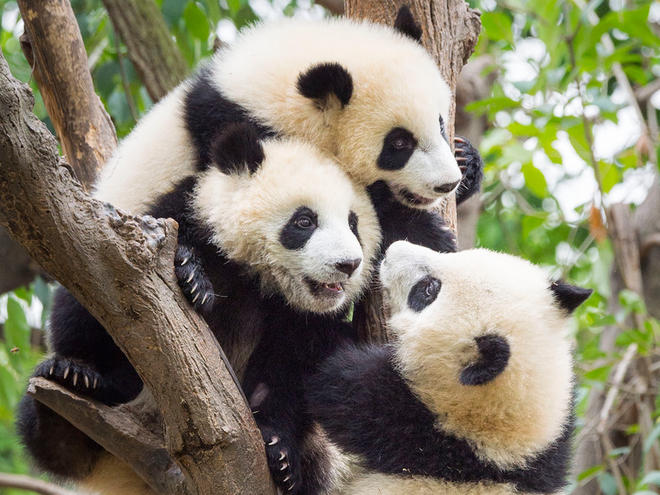
In the waning days of 2016, it’s important to pause for a moment to celebrate all we’ve accomplished for wildlife, people, and the planet in the past 12 months.
Together, we pushed for new regulations to help shut down the illegal elephant ivory trade within our borders and to stop wildlife crime overseas. We saw global wild tiger numbers rise for the first time in 100 years, and we put a stop to oil and gas drilling exploration near Belize’s barrier reef.
And while there’s still work to be done, this past year has shown us that when we work together, we can challenge the threats to nature and help ensure its ability to provide—for the sake of every living thing.
Take a look at our year in review:
For the first time in 100 years, tiger numbers are growing
After a century of constant decline, the number of wild tigers is on the rise. Around 3,890 tigers now exist in the wild, according to data released in April. That’s up from an estimated 3,200 reported in 2010. WWF works with governments, law enforcement, and local communities to advocate zero tolerance for tiger poaching across Asia, and uses the latest technology to protect and connect fragile tiger habitat.
A massive win for the world’s most trafficked mammal
All legal trade of pangolins, the world’s most trafficked mammals, ended thanks to an international agreement to further protect the critically endangered species from extinction. Countries decided to strengthen existing protections at the Convention on International Trade in Endangered Species of Wild Fauna and Flora (CITES), a global agreement between governments to follow rules to monitor, regulate, or ban international trade in species under threat.
New US ivory regulations mark a victory in the fight to save elephants
Setting an example for the world in the fight to save elephants, the United States finalized new regulations that will help shut down commercial elephant ivory trade within its borders and stop wildlife crime overseas. The change in US elephant ivory policy shifts the burden to the seller to prove that a piece of ivory is legal—a significant advancement in enforcement efforts. It also ensures US consumers are not unknowingly complicit in the slaughter of elephants.
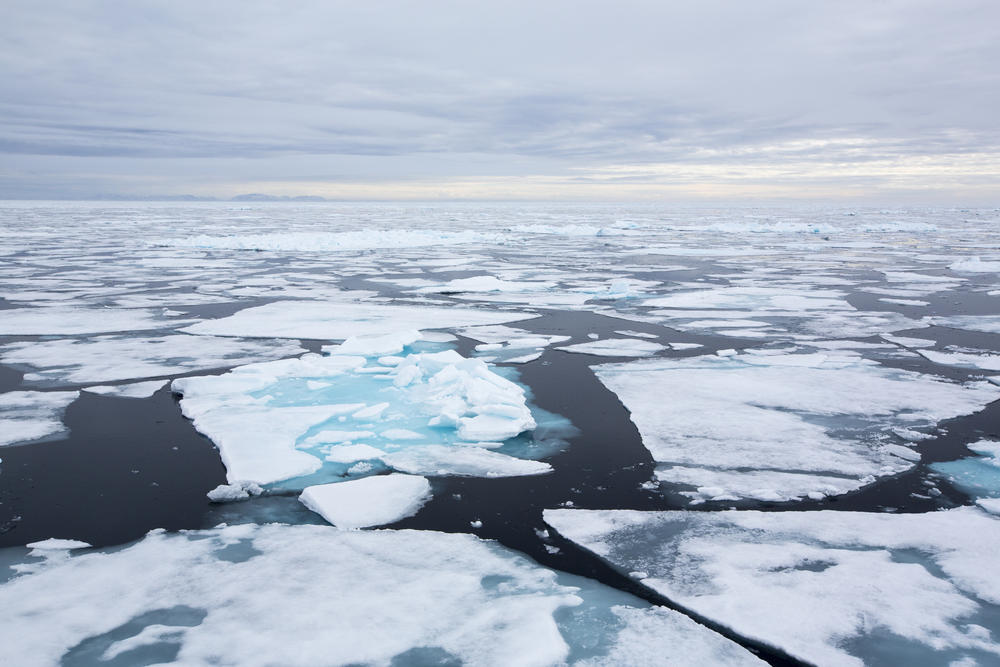 © Global Warming Images/WWF
© Global Warming Images/WWF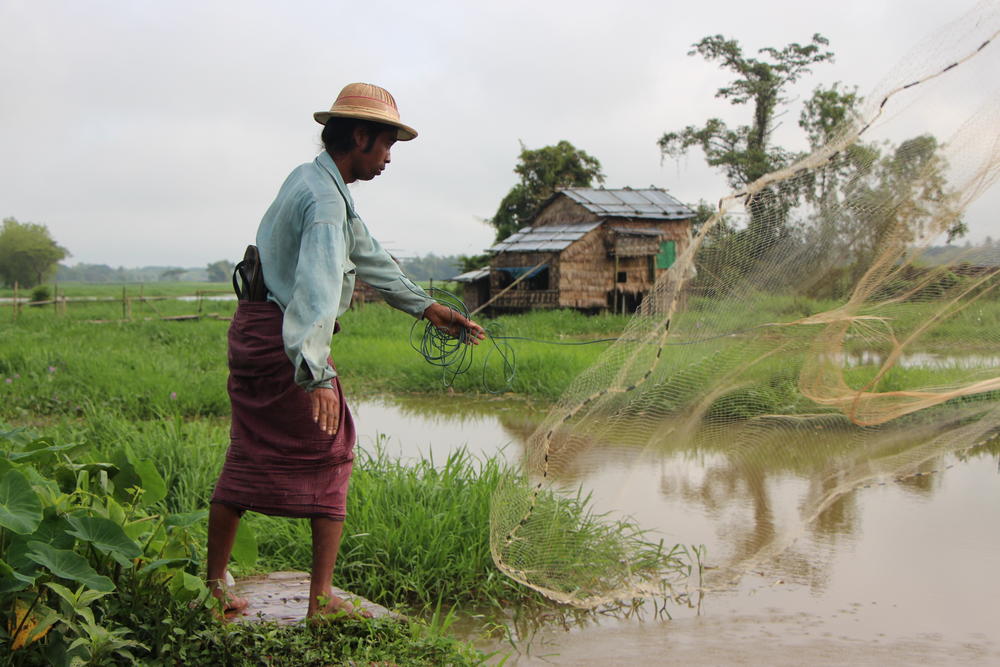 © Stephen Kelly
© Stephen KellyUS drilling plans spare Arctic’s federal waters
America’s Arctic will be free of new offshore oil and gas drilling, at least for the next five years. The US government’s latest offshore drilling plan, which determines where companies can compete for leases through 2022, does not include auctions for access to federal waters off Alaska’s northern coast. WWF and 225,000 of our activists opposed drilling in the Arctic’s Beaufort and Chukchi seas due to the tremendous risk to indigenous communities, wildlife, and their environment.
Myanmar assesses nation’s natural capital
An assessment of Myanmar’s natural resources identified where those resources are located, what benefits they provide to people, and how they might change under different climate change and development scenarios. WWF hopes the assessment will inform policy decisions about economics, energy, agriculture, land use, foreign investment, climate change, and more.
US designates bison as the national mammal
The bison—a resilient and iconic species roaming our Northern Great Plains—now serves as the national mammal of the United States. In a show of bipartisan support, the U.S. House of Representatives passed the National Bison Legacy Act on April 26, celebrating a species once on the brink of extinction.
Pivotal global climate agreement enters into force
Last year, nearly 200 nations signed on to the first truly global agreement to curb climate change. And in November of this year, it officially entered into force. Known as the Paris Agreement, this unprecedented and essential plan aims to keep global warming to well below 2°C, or even 1.5°C. It represents a promise to the Earth—a promise to work urgently together to solve our global climate crisis.
Apps for Earth raises $8 million for the planet
After a 10-day collaboration with Apple on a global cause-marketing and awareness-building campaign connected to Earth Day, WWF received more than $8 million for our conservation work—100% of the proceeds from purchases in 27 participating apps, including many that featured new content highlighting our conservation focus areas.
 © James Morgan/WWF-US
© James Morgan/WWF-US © Antonio Busiello/WWF-US
© Antonio Busiello/WWF-USNew anti-poaching technology leads to dozens of arrests of wildlife criminals in Africa
WWF installed a new thermal infrared camera that can identify poachers from afar by their body heat—even in the dead of night—and it has since transformed the way rangers track down and apprehend criminals since its introduction in March. Only nine months after putting the technology to use, rangers had arrested more than two dozen poachers in the Maasai Mara, and apprehended two poachers via the camera system coupled with human detection software at another undisclosed national park in Kenya.
Belize halts drilling exploration near threatened World Heritage site
The longest barrier reef in the northern hemisphere received a reprieve from seismic surveying in October. Officials in Belize agreed to suspend the seismic portion of offshore oil and gas exploration after an outcry from concerned citizens, national civil society groups, and international conservation organizations—including WWF—and their supporters.
Orinoco River Basin report card published
WWF, the University of Maryland Center for Environmental Science, and local partners released the Colombian Orinoco River Basin Report Card. River basin report cards provide a common understanding of a basin’s health, identify what’s important to water users, and foster a shared vision of the basin’s future. The Orinoco received an overall health score of B-.
Giant panda no longer endangered
The giant panda was downgraded from ‘Endangered’ to ‘Vulnerable’ on the global list of species at risk of extinction, demonstrating how an integrated approach can help save our planet’s vanishing biodiversity. The International Union for Conservation of Nature (IUCN) announced the positive change to the giant panda’s official status in the Red List of Threatened Species, pointing to the 17% rise in the population in the decade up to 2014, when a nationwide census found 1,864 giant pandas in the wild in China.
WWF launches the Markets Institute to advance sustainable food production
WWF launched the Markets Institute at WWF, which identifies global issues and trends around one of the most pressing challenges of our time: the production of food in the 21st century. Our goal is to increase the speed and scale of solutions to help optimize global food sector sustainability.
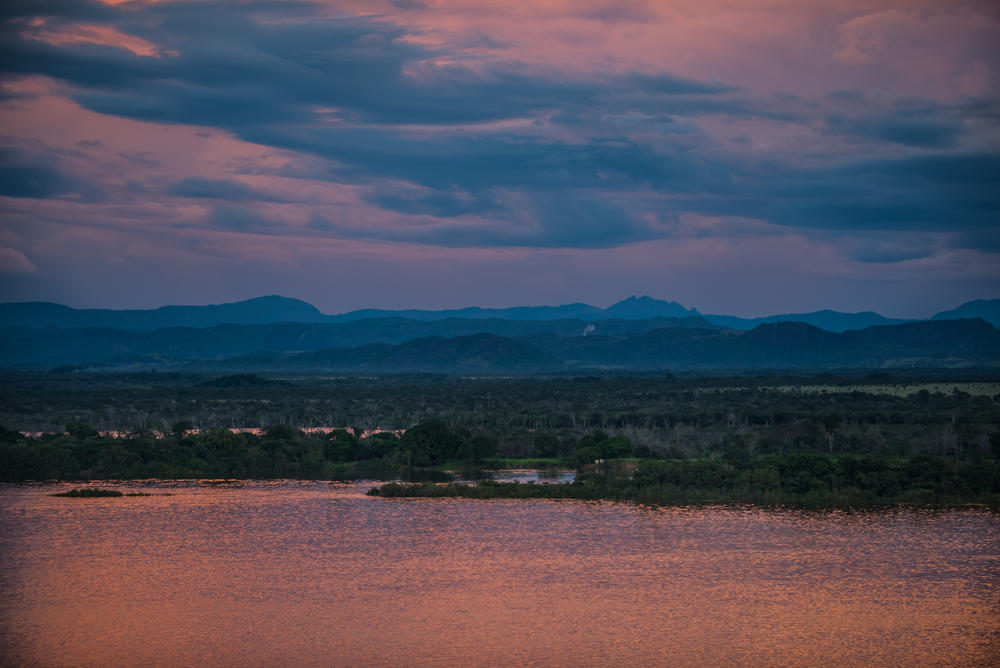 © Meredith Kohut/WWF-US
© Meredith Kohut/WWF-US © Yulia Grigoryeva / Shutterstock
© Yulia Grigoryeva / ShutterstockNew global agreement will help curb pollution from aviation
Unregulated carbon pollution from aviation is the fastest-growing source of the greenhouse gas emissions driving global climate change. The good news is that we now have a process in place to curb international aviation’s skyrocketing emissions. For the first time ever, the United Nations’ civil aviation body agreed last week to put a cap on the emissions for an international sector rather than a country.
New regulations around captive tigers
Tiger populations fighting for a comeback in the wild received a much needed lifeline from the United States government. Improved and tightened regulations around captive tigers will make it more difficult for captive-bred tigers to filter into and stimulate the illegal wildlife trade that threatens wild tigers in Asia. More than 451,000 WWF supporters called on the US government to help make this happen.
You can make a difference for nature. Join us.
Read the full article at: http://feedproxy.google.com/~r/WWFStories/~3/jFLu9Harfbc/celebrating-the-biggest-conservation-wins-of-2016

